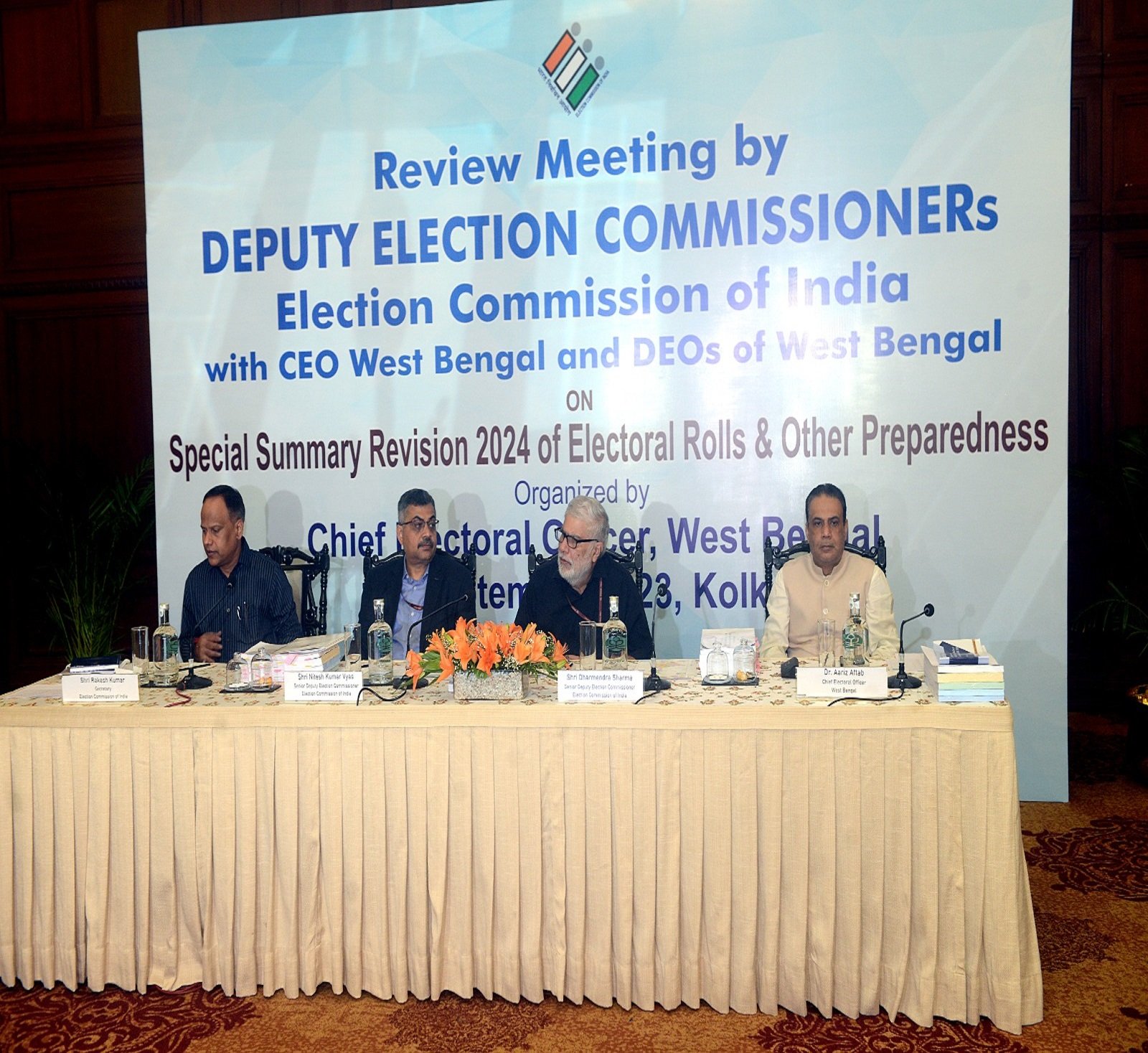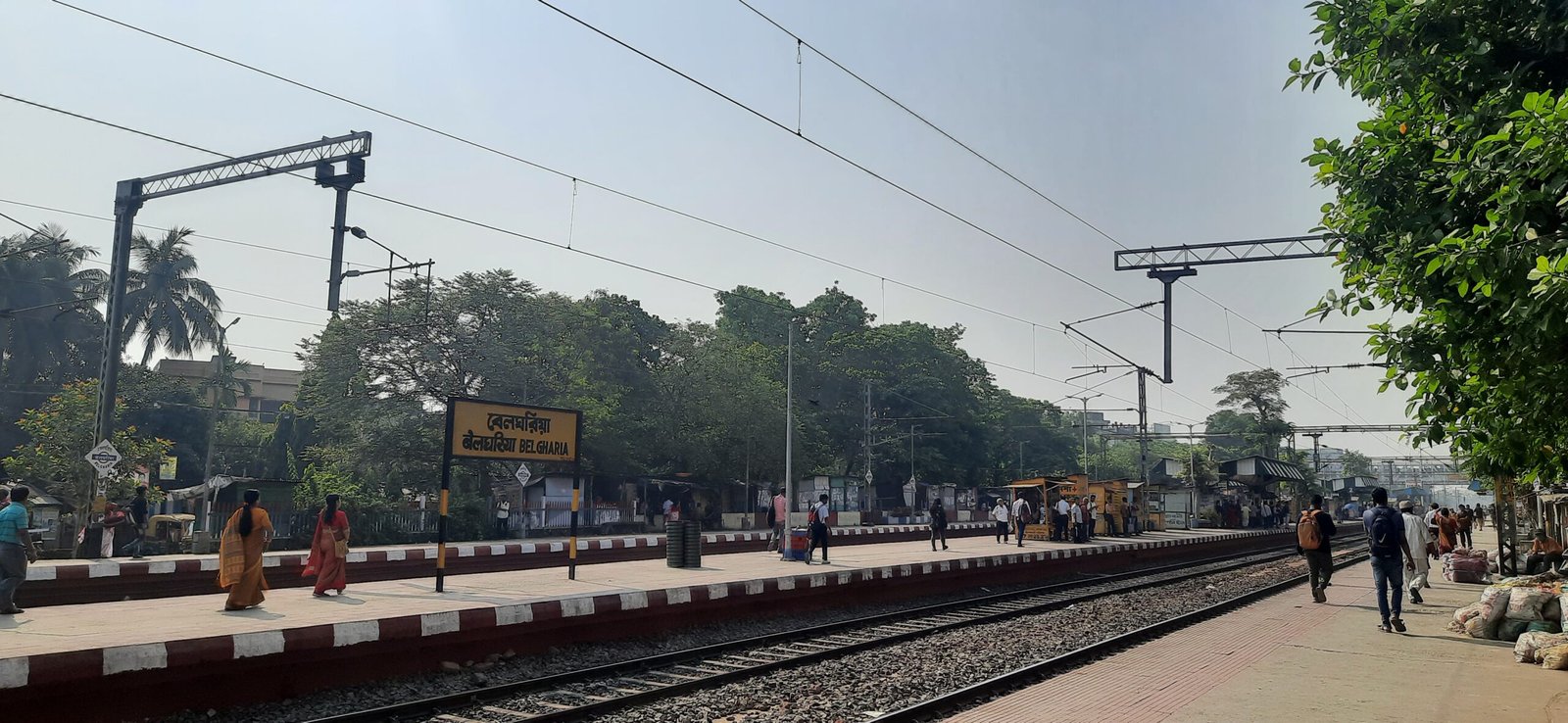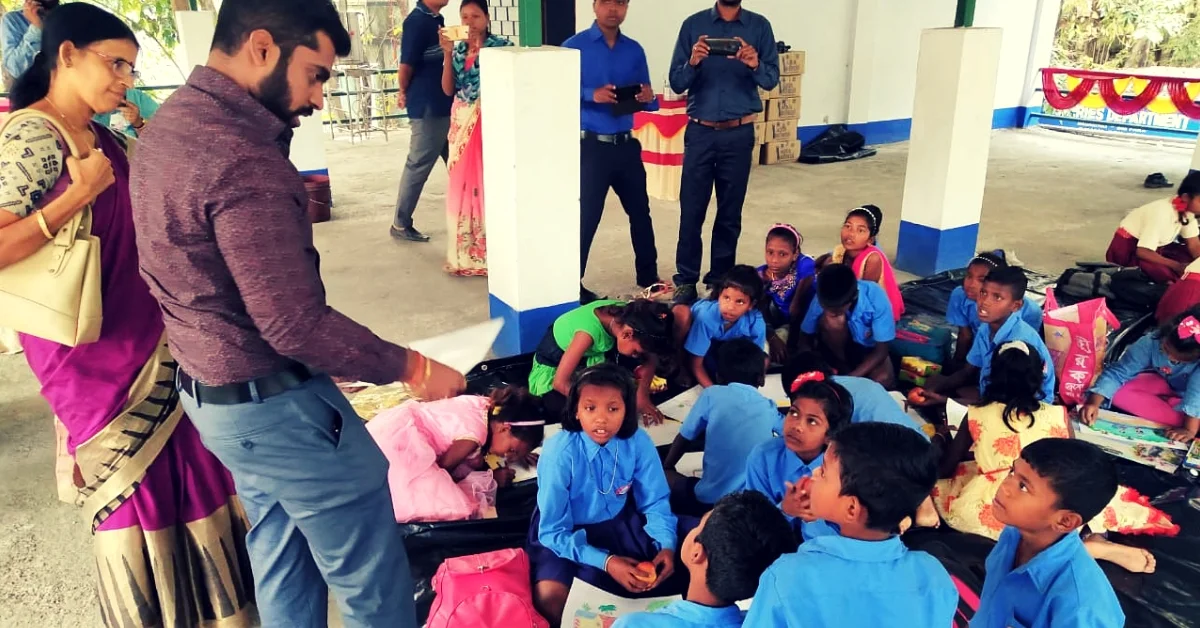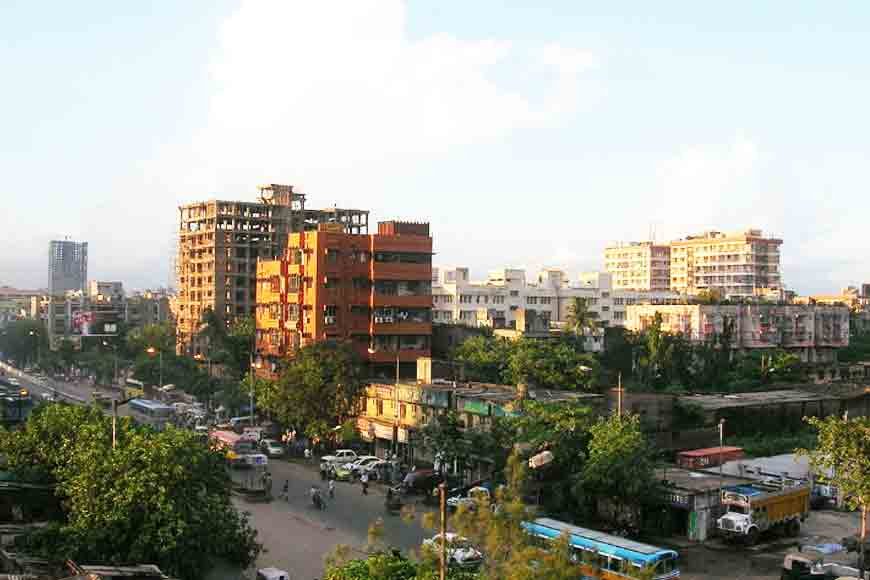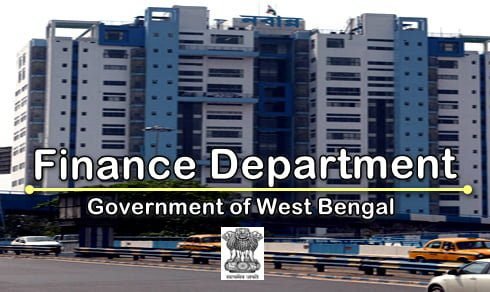
Food safety is a personal matter for Nikhil Nirmal, a West Bengal district that was created only in June 2014 and a 2011-batch Indian Administrative Service officer who was just appointed as the District Magistrate of Alipurduar.
Not only in West Bengal but across India, food safety is often disregarded as a matter of public health. This is a personal matter for me because a close friend of mine passed away last year after contracting food poisoning at a famous restaurant in Cochin. According to Nikhil, who spoke with The Better India, the cause of his death was a bacterial illness that he received from eating unclean food.
Multiple complaints had been made by the district administration over food adulteration and unclean practices before he assumed office. Nonetheless, the Alipurduar Municipality’s Food Inspector (FI) position remained unfilled (because of a lack of administrative capability); therefore, something needed to be done about it.
Based on all the complaints gathered, Nikhil immediately ordered a crackdown on hotels, restaurants, food vendors, and other similar facilities in town.
I requested that the FI stationed at Jalpaiguri, approximately 200 km away, perform inspections in Alipurduar once every Wednesday to make up for the shortage of resources. Nikhil claims that he accompanied many government officials, including the FI, on the raids that began last month to acquire video footage per the proper protocol.
What they discovered?
They discovered that almost all establishments needed a government-issued food licence, leading to extremely low food quality. Cockroaches crawled all over the floor and shelves of the filthy freezers where food was kept.
Probationary ias officer Suman Mohanty stated, “Besides, we also found fungus-laden food, rusted utensils, use of kerosene which is a major fire hazard, improper handling without gloves, apron and headgear and encroachment on public land.” Suhanty was working under Nikhil’s supervision.
Three of the five large hotels were quarantined because they lacked the proper paperwork and did not meet food safety regulations in the first instance. Additionally, show-cause notices were served by the administration immediately. The district chamber of business pleaded with the administration, but they were unmoved, saying sellers could not be punished for not having a food licence.
Regarding food safety, West Bengal is not exactly known for its stellar record. Many Kolkata residents have been scared away by the terrifying case currently being heard in the Calcutta High Court about selling spoiled meat.
West Bengal is a haven for forgers and a pit of misery when it comes to food safety inspections. In his statement to reporters, environmental activist and petitioner Subhash Dutta emphasised that prevention is always preferable to cure.
Even the numbers could be more encouraging. According to data collected by the Food Safety and Standards Authority of India (FSSAI) between 2014 and 2015, the state ranks among the lowest. That year, 6,985 food samples were analysed in Maharashtra, while only 120 were tested in West Bengal. Even worse, although 16.64% of samples in Maharashtra were contaminated, half of those in West Bengal were.
As far as food safety is concerned, why is West Bengal a complete disaster?
To begin with, it needs to be more managerial ability. Food safety officers and analysers are in short supply. According to data compiled by FSSAI in June 2017, just 42 out of 180 state food safety officer positions have been filled.
The Kolkata Municipal Corporation employs 23 of the 42, while the remaining 19 are distributed among the other 23 districts. Because no one is available with the necessary expertise, enforcement is lax. The state’s food safety officers are becoming endangered due to the lengthy time it takes to recruit and post them. Additionally, our district must find a solution to accommodate a food inspector stationed in Jalpaiguri who can only visit Alipurduar on Wednesdays. According to him, it makes it harder to follow regulations.
Nevertheless, the issue has been escalated with the state government, and the district will most likely soon have a dedicated food safety officer.
At the same time, a dedicated team led by the deputy chief medical officer and the deputy magistrate of the collectorate pays these businesses frequent visits, following the State government’s protocol for food safety standards and remaining vigilant at all times. According to Nikhil, the food safety officer stationed at Jalpaiguri oversees the process, but this unique crew acts as a multiplier to his efforts.
However, this is just half the issue; insufficient administrative competence is another.
In response to these concerns, the administration has launched a new enrollment drive where food safety regulators and restaurant owners meet online to complete registration forms. Restaurant owners and members of the area chamber of business attended a camp to learn about FSSAI licencing requirements. To rephrase, the current government is laying the foundation for a food safety ecosystem.
Another government official has pointed out that business owners and hotel owners need to be more informed about the regulations and standards for food safety that are laid forth in the Food Safety and Standards Act of 2006. Licence applications were nonexistent in Alipurduar since it is a remote region with low levels of computer literacy. In addition, the owners were comfortable due to the past’s lack of enforcement and fines.
The administration has sealed six hotels and candy stores thus far, but according to Nikhil, their closure is temporary. However, these facilities will be permitted to open once they meet specific food safety requirements. Yesterday, the administration sent a letter to the hotels and candy stores that were sealed. The sealed hotels may be reopened by the notice so that they can take the required measures to ensure cleanliness and hygiene in their production and cooking areas.
The old cutlery must be thrown out. Wearing aprons and gloves is mandatory for suppliers and kitchen personnel. Nikhil recommends using commercial LPG for cooking rather than paraffin and strict pest control procedures. Following completion of all required repairs, these businesses will be subject to compliance inspections by a committee headed by the district magistrate. If found to comply, the administration will grant permission for them to return for business.
The additional district magistrate is now hearing complaints against numerous of these businesses that were previously unheard of. These businesses face fines of up to Rs 5,00,000 (as high as Rs 1,000,000) if convicted.
Every vendor selling food within the district must sign an affidavit promising to adhere to strict health and safety regulations. The company can get back to work after that. These purveyors of food have been cautioned that they face the possibility of criminal charges under the Indian Penal Code and possible jail time if they disobey the terms outlined in the affidavit.
The government will conduct similar raids in the district’s outside sections next month.
The long-overdue execution of stringent measures has cheered the people of Alipurduar.
“The district administration has likely never before intervened in the affairs of crooked, money-grubbing businessmen who have been endangering the local population’s health. A resident of Alipurduar town, Sankha Sarkar, expressed her hope that the administration can maintain this level of service.
When interacting with other locals, the district magistrate is said to have mentioned the films Singham and Nayak, which are about public servants who do their jobs despite systemic restraints. You can read their Facebook page here to gain a feel for DM Alipurduar’s work.
Although these measures start in the right direction, more is needed to solve the underlying problem of keeping the district’s food supply clean in the long term.
“We have a long way to go,” remarks Nikhil.



